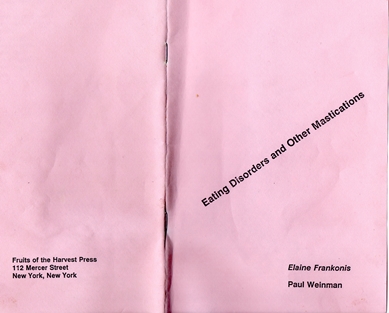I am no longer with my extended family for the holidays. Our life’s lessons have brought us to different places, literally and metaphorically. But there was an important time that we shared, and I celebrate those times of endearing family gatherings, before our realities diverged and they developed a need to pray for me.
And so I post these, remembering my extended family with nostalgia and also with an appreciation for even the tenuous connections that still exist.
They pray. I write.
Vigil Eve (“Wigilia’ 1950)
There was no mistaking this immigrant clan
for anything but a matriarchy,
bringing from its Polish homeland
the fundamentals of family, earthy foods,
a deference to the will of the grayest female.
The men earned hard money, revered their vodka.
as it was on the farms of the old country.
The rest was woman’s right and work.
So, when the magical time of Vigil Eve drew near
the men disappeared into their smokey enclaves
to share storied fatherland memories,
while the women gathered in her kitchen
a determined lineage of daughters,
by birth and marriage, armed with
the culinary legacies of generations.
Her enameled kitchen table, an assembly line
of dough, tools, bowls of rich concoctions,
filled with reflections of final farm harvests.
For days, they rolled floured, filled and pinched,
boiled, browned and layered.
We children sat at the floor, eye level to legs
in a corner of the steamy kitchen,
playing with scraps of pasty dough,
lulled by the soft humming of female voices,
the steady rumble of snowy urban streets.
The night of Vigil Eve flowed with prayers and feasting,
as full families gathered at the gray lady’s call,
reviving ancient rites of pine and light,
to sing the language and history of their people
carried across oceans of fear and hope.
They sang of homeland yearnings for freedom and faith,
of the tears of mountaineers displaced and despaired,
of the battles of heroes to free the heart’s land,
of mystical mothers and magical births.
Generations of voices in harmony
drifted through the lace-curtained windows
opened to the cold winter night, the night
when animals talked, wishes were granted,
and ancient rituals forged the bonds of blood.
———–
Heart of Rom
(an earlier version published in The Berkshire Review, Volume 4, 1996)
Cyganka! My grandmother scolds,
as I bound off the front stoop
onto the wet city street,
propelled by the promise of stolen kisses
and the musky taste of Tangee
still slick on my lips.
Gypsy. Even the word brings blood
blood rushing to the pit of my stomach.
How I wish for the wild hair,
dark eyes, skin like old copper,
for a power ancient as the land,
the sweep of continents
and countless untamed hearts.
She ruled us with her will,
that Polish grandmother –
a small strong-handed woman
with a voice of faith-forged mettle
and a back turned straight against
truths too bold to hold.
Yet, they tell me once, as I lay young and dying,
she revealed her family secrets:
holy candles, crystal cups, vials of spirits, leeches,
while my mother watched from shadows
fighting demons with her eyes.
They tell me, when the priest arrived,
surprised to find the child alive,
he never commented on the faint red circles
following the tender length of spine,
the scattering of blood marks along the back
like ancient glyphs on altar stone.

 Google it. Lots of stuff out there about that.
Google it. Lots of stuff out there about that.






